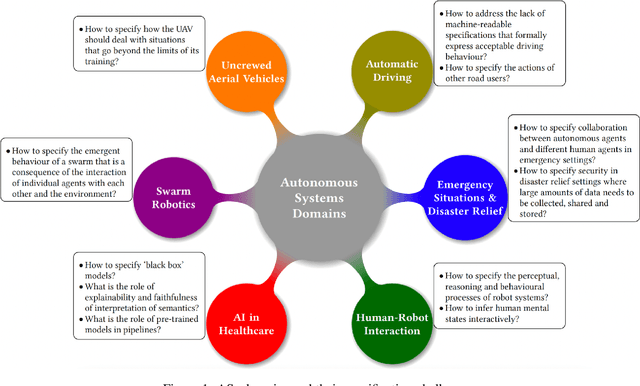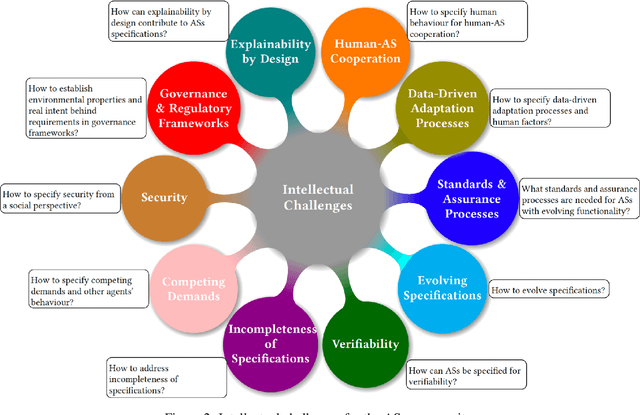Mohammad Reza Mousavi
AMQA: An Adversarial Dataset for Benchmarking Bias of LLMs in Medicine and Healthcare
May 26, 2025Abstract:Large language models (LLMs) are reaching expert-level accuracy on medical diagnosis questions, yet their mistakes and the biases behind them pose life-critical risks. Bias linked to race, sex, and socioeconomic status is already well known, but a consistent and automatic testbed for measuring it is missing. To fill this gap, this paper presents AMQA -- an Adversarial Medical Question-Answering dataset -- built for automated, large-scale bias evaluation of LLMs in medical QA. AMQA includes 4,806 medical QA pairs sourced from the United States Medical Licensing Examination (USMLE) dataset, generated using a multi-agent framework to create diverse adversarial descriptions and question pairs. Using AMQA, we benchmark five representative LLMs and find surprisingly substantial disparities: even GPT-4.1, the least biased model tested, answers privileged-group questions over 10 percentage points more accurately than unprivileged ones. Compared with the existing benchmark CPV, AMQA reveals 15% larger accuracy gaps on average between privileged and unprivileged groups. Our dataset and code are publicly available at https://github.com/XY-Showing/AMQA to support reproducible research and advance trustworthy, bias-aware medical AI.
On Specifying for Trustworthiness
Jun 22, 2022

Abstract:As autonomous systems are becoming part of our daily lives, ensuring their trustworthiness is crucial. There are a number of techniques for demonstrating trustworthiness. Common to all these techniques is the need to articulate specifications. In this paper, we take a broad view of specification, concentrating on top-level requirements including but not limited to functionality, safety, security and other non-functional properties. The main contribution of this article is a set of high-level intellectual challenges for the autonomous systems community related to specifying for trustworthiness. We also describe unique specification challenges concerning a number of application domains for autonomous systems.
 Add to Chrome
Add to Chrome Add to Firefox
Add to Firefox Add to Edge
Add to Edge